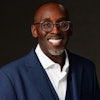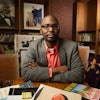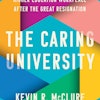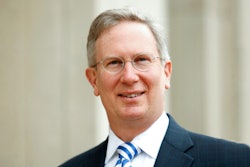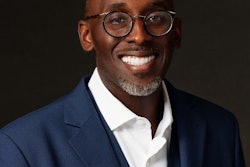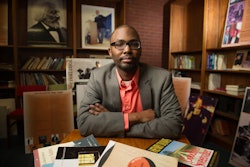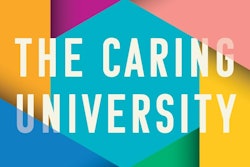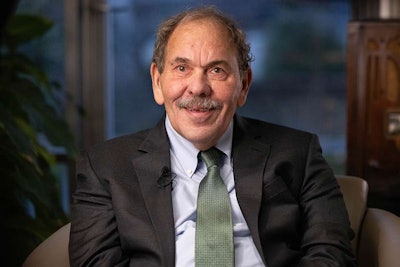 Dr. Arthur Levine
Dr. Arthur Levine
The restructuring plan, which reflects extensive input from faculty, staff, and students, received remarkable support from the academic community, with nearly 90 percent of faculty voting in favor of the initiative earlier this year. This level of consensus is particularly noteworthy in higher education, where faculty governance often produces more divided outcomes on major institutional changes.
"The board has tremendous confidence in Arthur's leadership and the faculty's commitment to this bold new approach," said Board Chair Lisa Kranc. "Appointing him as president at this important time will help ensure that this vision is successfully put into action."
The plan centers on realigning Brandeis' teaching and research structure into four new academic schools designed to better integrate theoretical learning with practical applications. This approach reflects broader trends in higher education toward experiential learning and career-focused outcomes, while maintaining the intellectual rigor of traditional liberal arts education.
Among the most significant changes is the introduction of a competency-based second transcript system. This innovation aims to provide a more comprehensive picture of students' skills and abilities beyond traditional grades and course titles. The additional transcript is designed to help students better demonstrate to potential employers how their liberal arts education translates into practical, applicable skills in the workforce.
This emphasis on practical application addresses ongoing concerns about the career readiness of liberal arts graduates and the value proposition of such education in an increasingly competitive job market. The initiative positions Brandeis to better articulate the relevance of its educational approach to students, families, and employers.
Levine brings extensive higher education leadership experience to his permanent role. He previously served as president of the Woodrow Wilson National Fellowship Foundation and president of Teachers College at Columbia University. His academic credentials include authorship of 13 books and numerous articles focusing on the future of universities and contemporary challenges in higher education.

